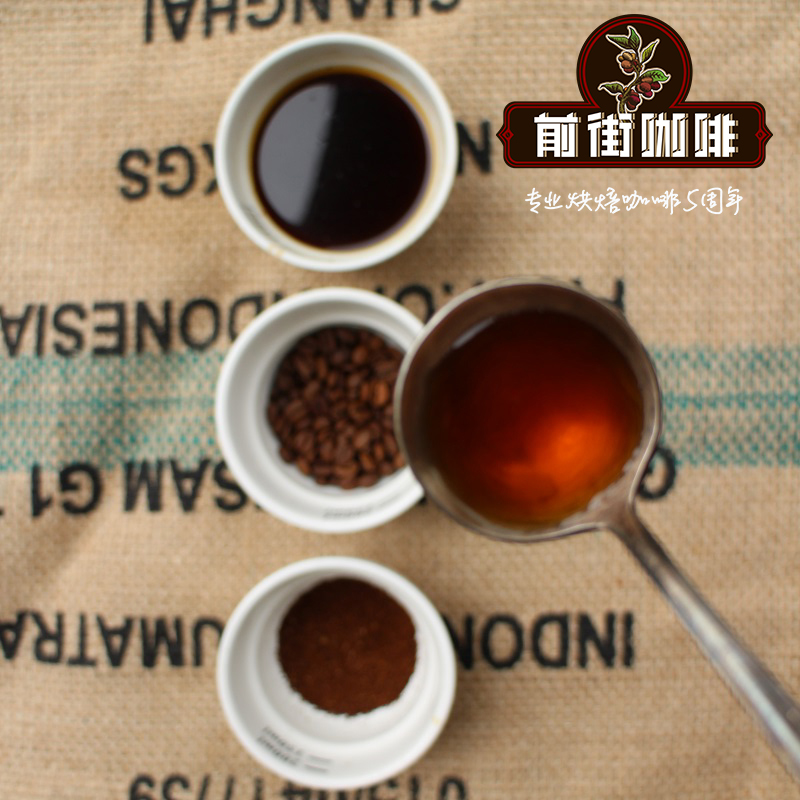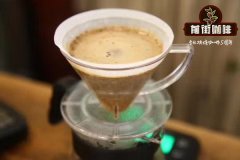Kenya coffee beans taste what analysis Kenya coffee why water washing method

Professional coffee knowledge exchange more coffee bean information please follow the coffee workshop (Wechat official account cafe_style)
Qianjie-Kenya Coffee Flavor, exquisite treatment sharing
Qianjie told you the story of coffee in Kenya today! Kenya is geographically close to Ethiopia and is also considered to be one of the places of human origin (fossilized human skulls from about 2.5 million years ago have been unearthed in the country). However, Kenyan coffee does not come from Ethiopia. The prevailing view now is that around 1893, missionaries brought bourbon coffee to Kenya and other places from the French island of Bourbon (Reunion). Therefore, many of the mainstream Kenyan beans belong to the bourbon line (one of the important branches of Arabica coffee).
In the 1950s, the world-famous Scott Laboratory (Scott Laboratory) selected two hybrids, SL-28 and SL-34, from many experimental results. This is the first time that the coffee industry has recognized the quality of artificial breeding, breaking the myth that only natural varieties are the best in coffee.
Due to the importance attached to the government level and the joint efforts of farms, cooperatives, farmers and research institutes, Kenyan coffee is among the best in Africa and even in the world in terms of yield and quality. Therefore, Kenyan coffee is also known as the "Heart of Africa".
Because of adequate fertilization and careful care, "Heart of Africa" does not have the wild and rich aroma of flowers and fruits like Ethiopian coffee. Instead, it generally tastes clean and the acidity is very pure. Accompanied by raspberry, orange peel, grapefruit, virgin fruit and other sweet and sour flavors.
Exquisite washing treatment process in Kenya:
Fresh fruit flotation → de-pulp → fermentation tank upper fermentation night → water washing → with shell beans into the bottom fermentation tank for 36 hours, → water washing → water for 12 hours → sun.
The double fermentation washing tank has two layers, high and low, which are used for the first and second washing respectively. Harvest the coffee fruit, remove the defective fruit in the middle, remove the peel, pour it into the upper fermentation tank for fermentation, or directly use dry body fermentation that does not enter the pool.
The time required for the fermentation process is related to many factors, the hotter the environment, the faster the fermentation, but after a period of fermentation, most of the pectin is removed by washing, and then put down the clean pool for secondary fermentation. circulating water needs to be changed every few hours during fermentation to prevent coffee beans from smelling.
It will take 36 hours to wash the coffee beans again with water, remove the residual pectin and add washing, but this is not over yet. If the coffee beans are soaked in fermentation for too long, the negative flavor will increase. Once more than 36-72 hours, there may be excessive fermentation, and fatty acids will be produced, resulting in the taste of coffee over-sour, so the time of this process is about 12 hours, that is to say, Washing in Kenya takes at least 48 hours, or even 72 hours.
Kenyan coffee beans are basically treated with fine washing, because water washing is the most important treatment for high-quality coffee beans. generally speaking, the coffee after this treatment has the purest flavor, the lowest miscellaneous flavor, and the best fruity and sour taste. therefore, fine washing is the main treatment of Kenyan coffee.
Knowledge expansion: the refined washing method will improve the original acidity and cleanliness of coffee beans, because in the fermentation process of washing treatment, it will increase the acetic acid concentration of coffee beans and improve the flavor of coffee.
END
Important Notice :
前街咖啡 FrontStreet Coffee has moved to new addredd:
FrontStreet Coffee Address: 315,Donghua East Road,GuangZhou
Tel:020 38364473
- Prev

Kenya Coffee Brand recommends Kenya hand Coffee Parameter Flavor introduction
Professional coffee knowledge exchange more coffee bean information please follow the coffee workshop (Wechat official account cafe_style) Qianjie-Kenyan brand, brewing parameters sharing Qianjie today to recommend good Kenyan coffee. Kenya's coffee producing areas are mainly concentrated in the plateau areas represented by Mount Mt.Kenya (with an average elevation of 1500m above sea level). Annual temperature
- Next

A brief introduction to the grading system of coffee beans recommended by Kenyan coffee brands
Professional coffee knowledge exchange more coffee bean information please follow Coffee Workshop (Wechat official account cafe_style) Front Street-Kenya Coffee Brand, Coffee grading system introduction Kenya coffee with bright sour, charming fruit sweet and flavor, is the favorite of many coffee fans, among which AA grade Kenyan coffee is of excellent quality, is a resounding brand in Kenya coffee. Ken
Related
- Beginners will see the "Coffee pull flower" guide!
- What is the difference between ice blog purified milk and ordinary milk coffee?
- Why is the Philippines the largest producer of crops in Liberia?
- For coffee extraction, should the fine powder be retained?
- How does extracted espresso fill pressed powder? How much strength does it take to press the powder?
- How to make jasmine cold extract coffee? Is the jasmine + latte good?
- Will this little toy really make the coffee taste better? How does Lily Drip affect coffee extraction?
- Will the action of slapping the filter cup also affect coffee extraction?
- What's the difference between powder-to-water ratio and powder-to-liquid ratio?
- What is the Ethiopian local species? What does it have to do with Heirloom native species?

